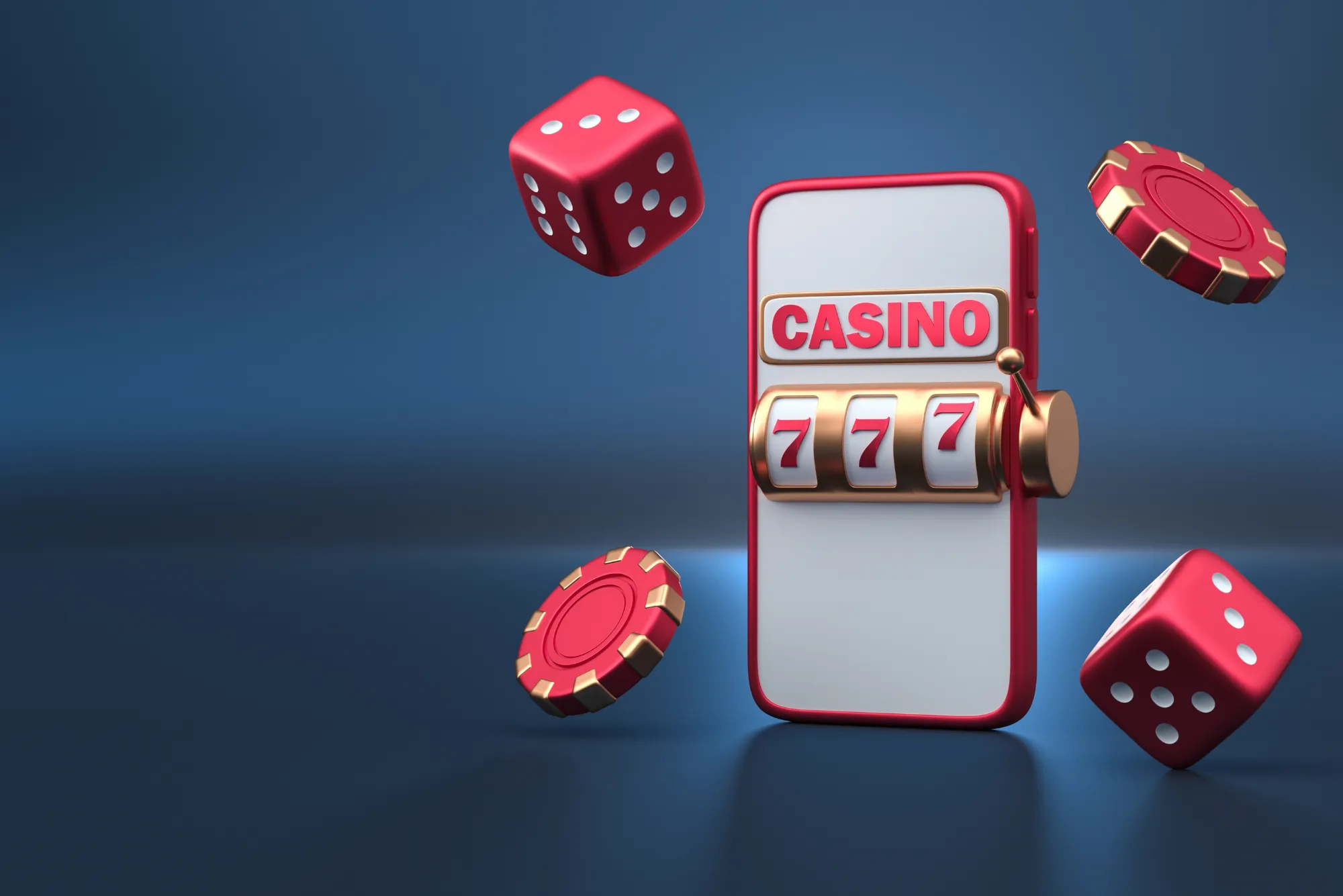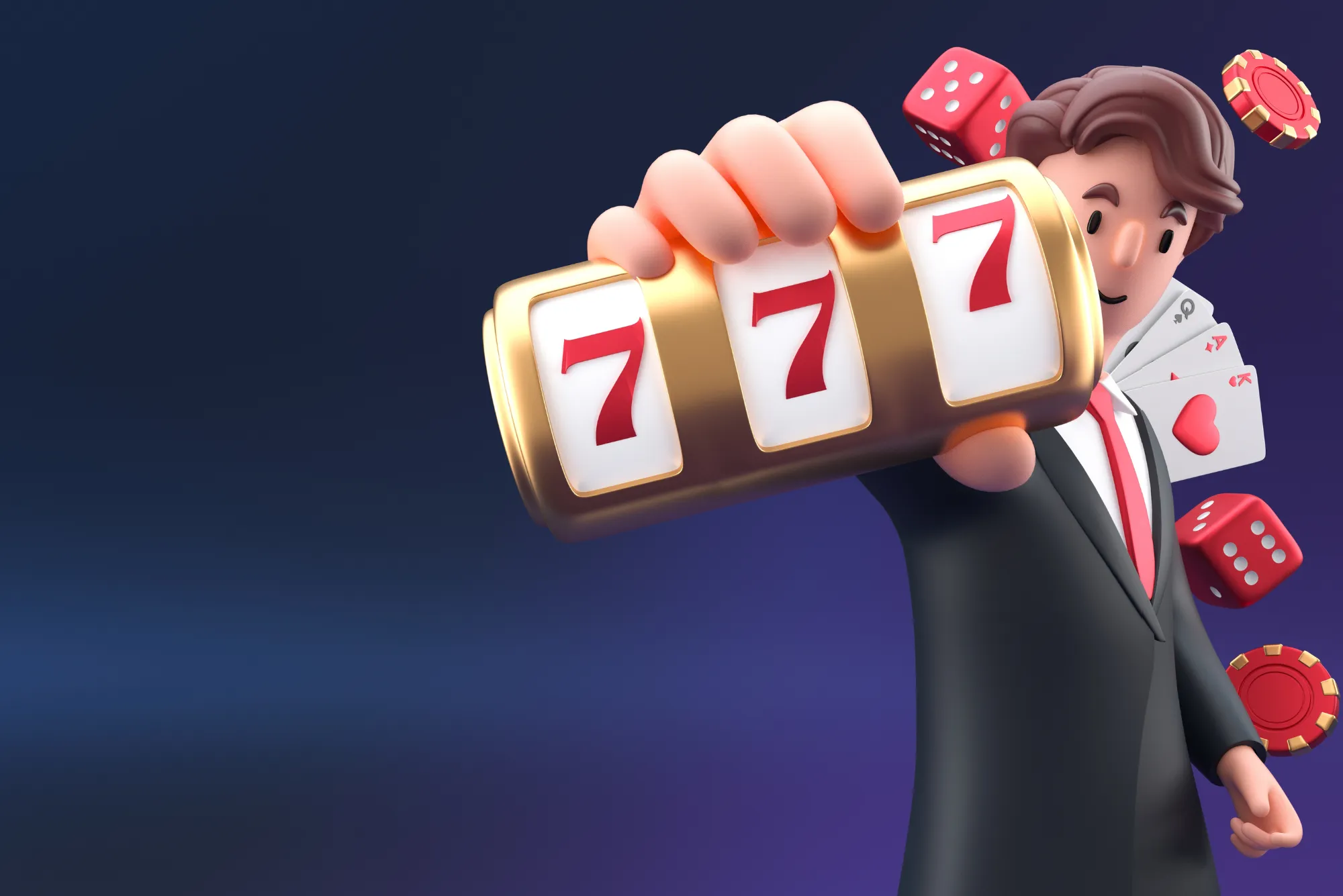Understanding the Concept of Chasing Losses
In sports betting, “chasing losses” refers to increasing your bets or placing more wagers in an attempt to recover money you’ve already lost. It’s a behavior that often stems from frustration, overconfidence, or the belief that a “win is due.” On paper, it might seem like a reasonable strategy—after all, if you keep playing and eventually win, you could erase your deficit. But in reality, this approach can quickly spiral into deeper financial trouble and emotional stress.
I’ve been involved in the betting scene long enough to see this pattern play out countless times. Friends who started with a measured, disciplined approach would lose a few bets, panic, double their stakes, and before they knew it, they’d wiped out their bankroll in a single weekend. The psychology behind it is powerful—losses trigger a natural urge to make things right, and betting feels like the fastest way to do so. Unfortunately, that same urgency is often what fuels even bigger losses.
The Lure of Chasing in Different Betting Environments
The temptation to chase losses isn’t exclusive to sports betting—it’s prevalent in other forms of gambling too. Online betting platforms, poker rooms, and even slot machines can all draw players into this dangerous cycle. For some bettors, especially those exploring non uk licensed casinos, the risk can be even greater. These platforms might offer fewer player protection tools, meaning there’s often less friction stopping someone from rapidly increasing their stakes or depositing more money.
I’ve seen players at such sites spiral after a bad day’s bets on football or tennis, switching to live in-play markets or even entirely different games just to recover their losses. Without built-in tools like deposit limits, self-exclusion, or loss caps, the line between entertainment and reckless chasing becomes dangerously thin. The setting matters: the less regulated the environment, the more personal discipline you’ll need to resist the chase.
This isn’t to say all non-UK licensed platforms are unsafe—many are reputable and fair—but they demand an even stronger commitment to self-control.
Why Chasing Losses Rarely Works
On a purely mathematical level, chasing losses is a losing proposition. Sports betting odds are designed to give the bookmaker a small but consistent edge. Even if you double your bet after every loss—a common “martingale” strategy—one long losing streak can bankrupt you. Worse still, your stake sizes can quickly escalate beyond what you can realistically afford.
Imagine losing five bets in a row starting with £20 and doubling each time to “get back to even.” Your sixth bet would be £640 just to recoup your original losses and make £20 profit. Not only is this financially risky, but it’s also emotionally draining. The bigger your bet, the greater the stress, and the more likely you are to make impulsive decisions.
From my own experience, even seasoned bettors fall into the trap of thinking “I just need one good win.” But the reality is that the pressure of chasing can cloud judgment, leading you to pick bets you wouldn’t normally consider. Instead of evaluating odds and match data, you end up betting emotionally, which is the exact opposite of sound sports betting strategy.
The Psychological Trap Behind Chasing
One of the most dangerous aspects of chasing losses is that it creates a feedback loop. Each loss deepens your desire to win it back, and each win feels like partial validation of the chase. But even when you do win, it’s often not enough to erase all prior losses. Worse, it can reinforce the idea that chasing works—until the next streak wipes you out.
There’s also the issue of “tilt,” a term borrowed from poker. Tilt happens when you’re emotionally shaken and start making irrational betting choices. After a bad beat in sports—say, a goal in the final minute or a referee’s controversial call—it’s easy to jump into another bet without proper research, just to get back what you think was unfairly taken. This state of mind is where chasing thrives, and it’s incredibly hard to recognize in yourself until it’s too late.
When, If Ever, Is Chasing Justifiable?
Some bettors argue there are rare occasions when chasing losses can be done strategically. For example, if a bettor has a deep bankroll, a strong edge in a particular market, and the discipline to follow a predetermined staking plan, they might recover losses over time. Professional bettors sometimes use this method, but they aren’t reacting emotionally—they’re following strict, data-driven models.
However, for most casual bettors, these conditions don’t apply. Unless you can honestly say your betting decisions are unaffected by emotion, chasing should be avoided entirely. Even professionals have to guard against it—discipline is the only reason they succeed where others fail.
I’ve personally tried to “calculatedly” chase losses in the past. Sometimes it worked, but more often than not, the long-term damage to my bankroll outweighed the short-term relief of a big win. If you find yourself thinking about chasing, it’s worth asking: “Would I place this bet if I were in profit right now?” If the answer is no, you’re chasing.
Healthy Alternatives to Chasing
Instead of chasing, there are more sustainable ways to recover from a losing streak:
Take a break: Step away for a day or two to reset mentally.
Lower your stakes: Betting smaller amounts reduces risk and allows you to rebuild confidence.
Review your strategy: Look back at your recent bets and identify patterns in your losses. Were they due to bad luck, poor analysis, or emotional betting?
Separate your bankroll: Keep your betting funds isolated from your personal finances so that losses don’t spill over into daily expenses.
These approaches not only protect your bankroll but also improve your decision-making over time.
The Role of Self-Awareness and Limits
The most effective safeguard against chasing losses is self-awareness. Recognizing your triggers—whether it’s a bad beat, peer pressure, or boredom—can help you step back before making a reckless bet. Setting hard limits on deposits, losses, and playtime can also protect you from the spiral.
Many betting platforms offer these tools, but they only work if you actually use them. In less regulated environments, you’ll have to enforce these boundaries yourself. That means writing them down, sticking to them, and being accountable to someone you trust.
Final Thoughts: The Answer Most Bettors Don’t Want to Hear
The honest truth is that for the vast majority of sports bettors, chasing losses is never justified. It’s a strategy built on emotion, not logic, and it often leads to financial harm and psychological stress. While professional bettors might recover from losses as part of a broader, disciplined plan, they are the exception, not the rule.
If you treat sports betting as entertainment, accept that losses are part of the game. Trying to erase them through bigger and riskier bets usually ends in deeper losses. The best path forward is to bet within your means, make informed decisions, and know when to walk away.







